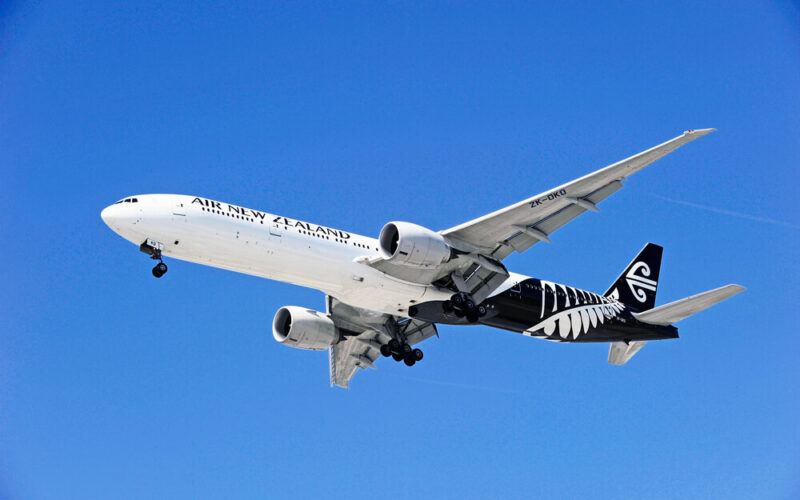The national flag carrier of New Zealand, Air New Zealand, was no exception to the aviation’s industry pain during the coronavirus pandemic. The airline announced an update to its current situation and a hint of its possible post-corona future.
Air New Zealand, as of May 25, 2020, had $640 million of short-term liquidity. The sum does not include an additional loan facility of $900 million that the airline secured quickly after the government of New Zealand announced international travel restrictions.
While the airline highlighted that it “had a solid start to the 2020 financial year,” the situation quickly went sour as governments around the world tried to stop the spread of COVID-19.
Now, the situation is slowly improving in the islands, as the local authorities allowed the airline to resume some domestic flights. However, with international restrictions still set in stone and questionable demand going forward, the situation might remain grim for some time.
“We are preparing for a scenario in which the airline is still 30 percent smaller than pre-COVID levels in two years’ time,” stated the chief financial officer of Air New Zealand Jeff McDowall.
McDowall also highlighted the fact that the carrier reduced its network capacity throughout March and April 2020 by 95%, as “demand declined to almost zero,” subsequently after the local government implemented severe travel restrictions.
Cost reductions at Air New Zealand
The airline managed to reduce its monthly cash outflow by $50-60 million, noted the market update. The plan to limit its expenditures came at a price, including the layoffs of 4,000 employees and the decision to ground its Boeing 777. The decision to ground the triple sevens resulted in a non-cash impairment charge in the range of $350-450 million, indicated Air New Zealand.
Other impairment charges include fuel hedges and reorganization costs. The company estimated that both items would cost them $85-105 million and $140-160 million, respectively, reported when the airline would release its FY2020 results.
Air New Zealand also sold airport slots for about $21 million. Allegedly, this is the airline’s slots at London Heathrow Airport (LHR) – one of the most congested airports in the world. The Kiwi airline announced its decision to leave LHR in October 2019 and offer a direct connection between Auckland, New Zealand and Newark International Airport (EWR) in the United States instead.

